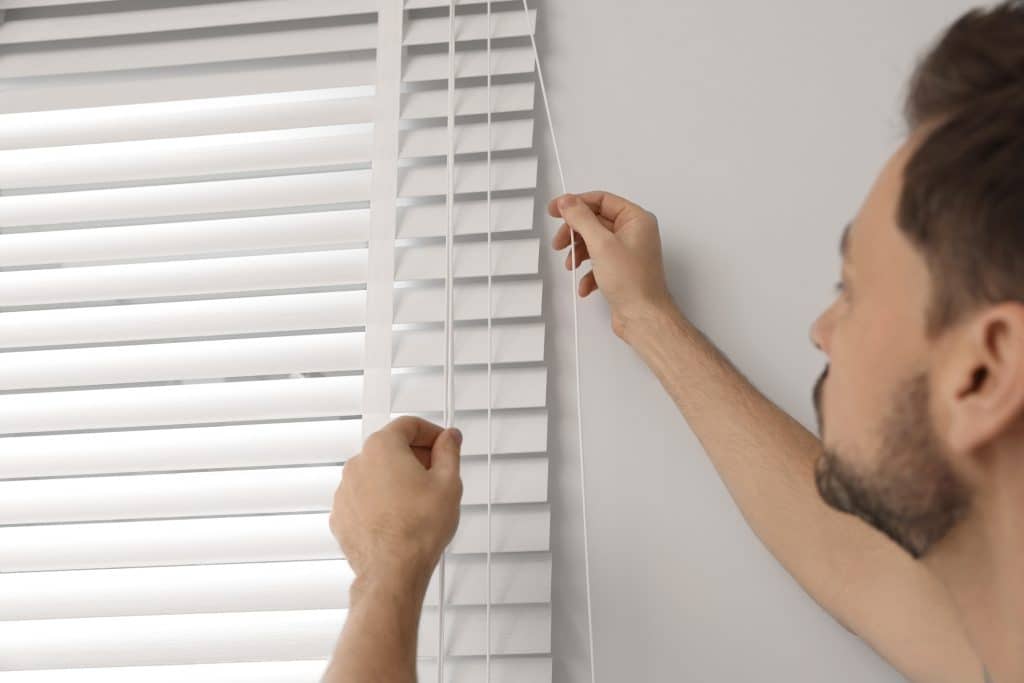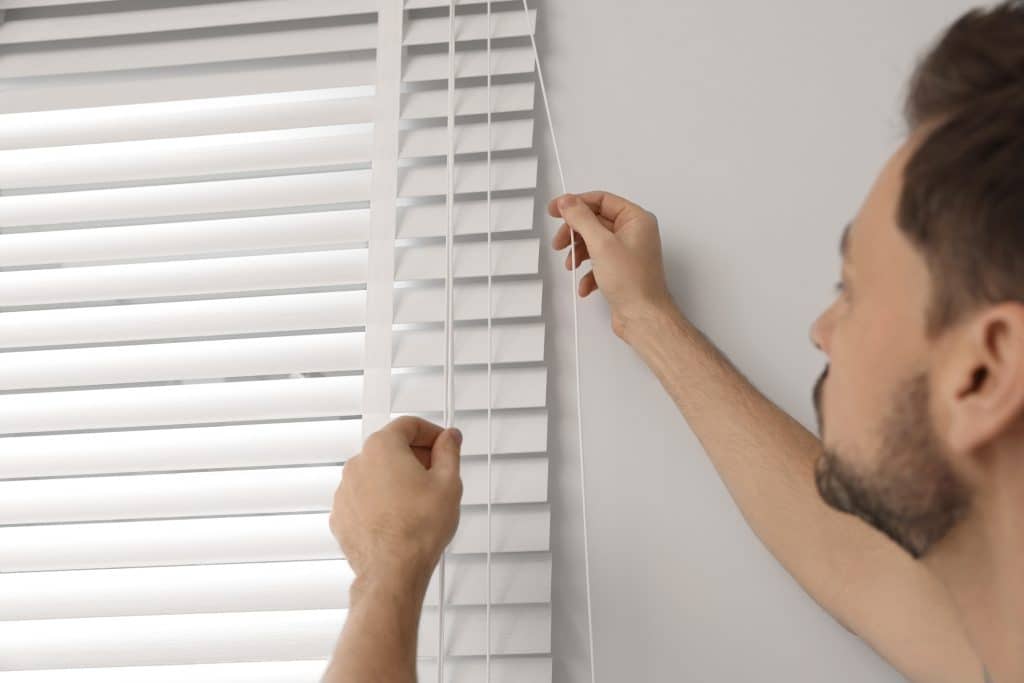As temperatures drop and cold seeps into our homes, we all look for solutions to maintain warmth without straining our energy bills. One simple action frequently mentioned is closing blinds once night falls. But is this really effective? Does this practice significantly impact the thermal insulation of a house or apartment? Let’s analyze the facts and the solutions to adopt for maximizing your winter comfort.
Windows, Main Sources Of Heat Loss
Did you know that up to 15% of heat loss in a home can come from windows? Even with high-performance double glazing, the cold from outside penetrates, and the indoor heating gradually escapes. This is even more true in older homes, where windows may be poorly insulated.
When the outside temperature drops significantly, single glazing becomes a real weakness, and even double glazing allows some heat to escape. By closing your blinds, you add a layer of extra insulation, reducing the sensation of cold surfaces and minimizing heat loss.
How Do Blinds Work As A Thermal Barrier?
Blinds, especially those made from thick and insulating materials, create a stagnant air layer between the glass and the inside of your home. This air layer acts as a thermal buffer, preventing a portion of the cold from entering and limiting heat dissipation.
Blinds reduce convection effects, which is the movement of warm air towards cold windows. In winter, the warm air generated by your heating is naturally drawn to cold surfaces. By closing the blinds, you block this movement, helping to maintain a more uniform temperature in the room.
However, not all blinds provide the same level of protection. Some models are more effective than others at reducing thermal losses.
What Types Of Blinds To Choose For Better Insulation?
Several types of blinds can play a role in the thermal insulation of your home during winter.
1. Thick Fabric Blinds
Roller blinds made of blackout or thermal fabric are particularly effective. Some models are lined with a layer of aluminum or insulating foam, enhancing their ability to reflect outside cold and retain heat inside.
2. Cellular (Or Honeycomb Blinds)
These blinds consist of hollow cells that trap air. This mechanism creates an effective insulating barrier against temperature fluctuations. According to tests conducted by manufacturers, these blinds can reduce heat loss through windows by up to 30%.
3. Venetian Or Wood Blinds
While primarily aesthetic, these models offer slight protection against the cold, but their thermal efficiency is lower compared to thick fabric or honeycomb blinds.
When And How To Use Your Blinds Effectively In Winter?
The way you use your blinds greatly influences their effectiveness. Here are some practical tips to maximize their impact:
- Take Advantage Of The Sun During The Day: Open your blinds as soon as the sun shines to let in natural warmth. Even in winter, this free heat can raise the indoor temperature by a few degrees.
- Close Them At Dusk: Once the sun goes down, the outside temperature drops quickly. Closing your blinds helps to limit the heat loss accumulated during the day.
- Combine Them With Thermal Curtains: For optimal protection, pair your blinds with thick, insulating curtains. This double layer further reduces heat loss.
Do Blinds Alone Effectively Insulate Your Home?
While closing your blinds is a useful gesture, it cannot replace effective overall insulation for your home. To improve your thermal comfort and reduce heating bills, consider combining this habit with other measures:
- Check The Sealing Of Your Windows: Install silicone seals or door snakes to limit cold air infiltration.
- Adopt Double Or Triple Glazing: If your windows are old, consider replacing them with more thermally efficient models.
- Use Thick Rugs: The floor can be another source of heat loss. Placing insulating rugs helps to reduce the sensation of cold.
What Impact On Your Energy Consumption?
While closing your blinds will never replace comprehensive window insulation, it can still help reduce your energy consumption. By limiting thermal losses, you require less heating, which can lead to a 5 to 10% reduction in your energy bill depending on your home’s insulation conditions.
This simple action, combined with other effective practices, is part of an energy-saving approach, especially important in a context of rising energy prices.
A Simple Action To Adopt This Winter
In conclusion, closing your blinds in winter is an effective way to limit heat loss and improve your thermal comfort, especially when used intelligently based on sunlight and outdoor temperatures.
Although this solution cannot replace optimal insulation, it remains a simple, economical, and accessible tip to retain heat and reduce energy consumption. To go further, consider choosing suitable blinds and associating them with other insulation measures. A small gesture that, combined with others, can make a big difference to your comfort and energy bill!


